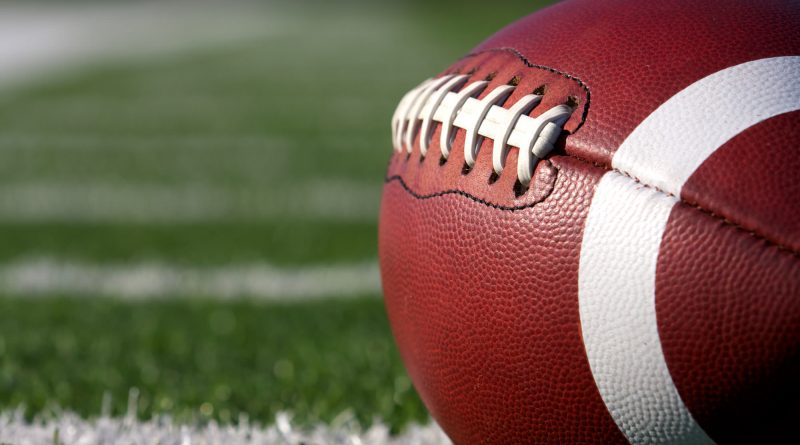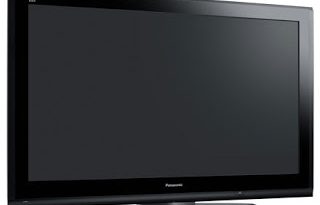What gear do I need?
On television, when you are watching any level of football, from pewee, to high school, to college, to the arena leagues, to the professional level, you always see the players wearing protective gear. All players wear padding, a mouth guard, and a helmet to protect them from bodily harm. You may see players also wearing kneepads, thigh pads, a rib cage protector, shoulder pads, a neck brace, elbow pads and a girdle that protects your hips.
Of course, some players chose not to wear the full padding. Wide receivers may not wear the knee pads or thigh pads because it restricts their motion and slows them down. Kickers usually don’t have a full facemask on their helmet. Different levels of play require certain levels of padding. Almost all levels from pewee to the NFL require a mouth guard, the plastic that goes into your mouth to protect your teeth and lips. This equipment is very costly. Helmets themselves usually can cost over $200 dollars depending on which one you get. Shoulder pads and other equipment can also be very costly. That’s why most backyard football players don’t usually wear padding of any type. Maybe just a mouth guard, but most don’t even wear that.
Because of the lack of padding in backyard football, the players don’t usually hit as hard, nor are they as vicious and violent with their hits. A lot of times tackling is nothing more than helping someone to the ground. But of course, there are those who take backyard football very seriously and play with full force and full speed, including bone-crushing tackling.
In all honesty, the only equipment you need to get started is a football. Balls come in all different types and sizes. The official Wilson NFL ball is made of cow’s hide in a factory in Ohio. Yes, it’s called a pigskin, but it is made of cow’s hide. Many other synthetics are being used to make footballs these days. Everything from rubber to advance polymers with cow’s hide integrated into the formulation. Footballs also come in different sizes. Youth balls are smaller than the full size balls. A lot of footballs are made that are not the official size and weight. While these may be easier to use for younger players, once you get into high school you really should be using the official size and weight balls. You really want to be sure that they are the official weight. A lot of balls are “official size” but are not the right weight. You don’t want to get used to throwing one of these.
So you’ve got your friends, you’ve got a ball, all you need now is some open space. Find an open field with natural boundaries or an unused football field. A lot of local parks and high schools have practice fields and fields that are lined. If you can’t find a lined field, just buy some cheap cones or use your duffle bags to make some boundaries. Decide what rules you are going to be used, see our rules section, and start playing. This is not only an amazing form of exercise, but a great way to learn teamwork, cooperation, and leadership. If your kids are younger, exposing them to football early on will help you and your child determine what position they excel at. Your kid’s high school football coach will thank you. Enjoy the game!

